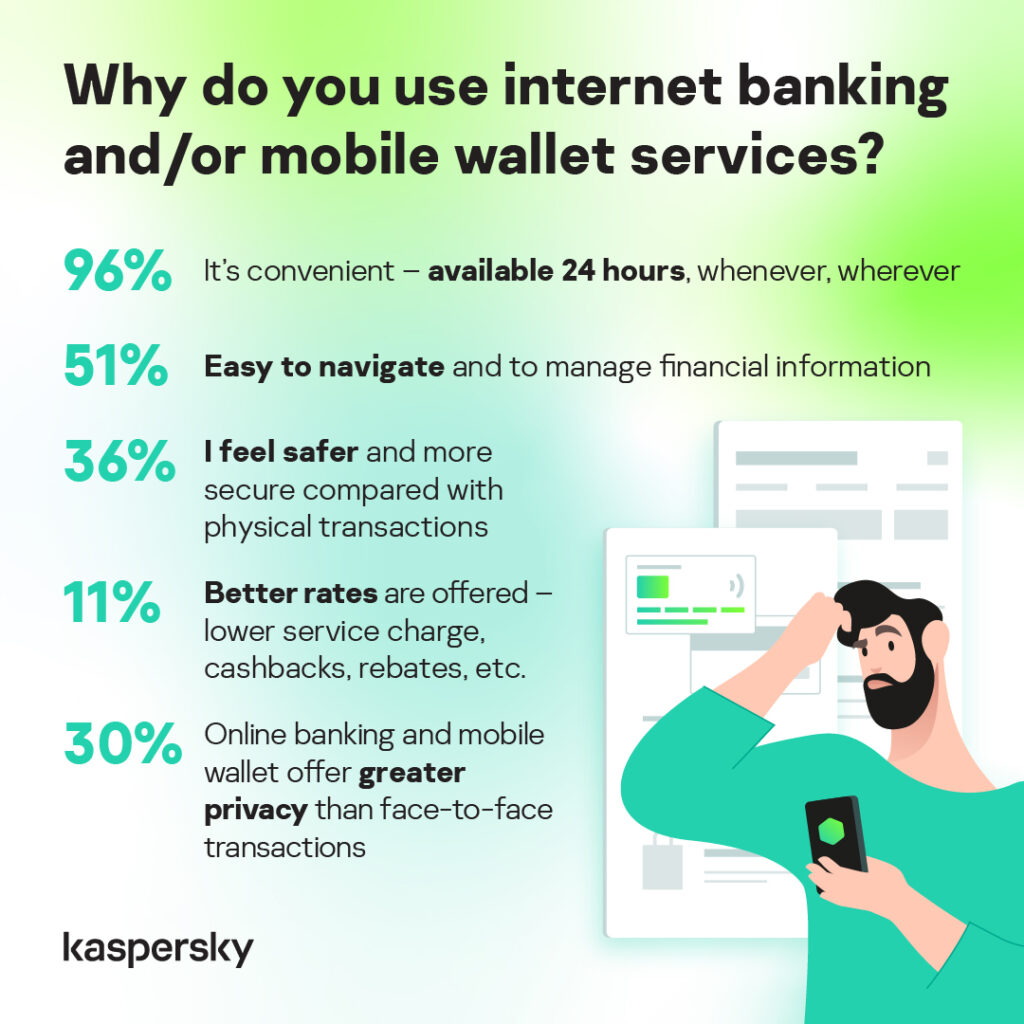Global cybersecurity and digital privacy company, Kaspersky has recommended three steps that can be taken by developers, banks and companies to avoid fraud as digital payment in Nigeria continued to increase in the last year.
The three steps, which are contained in the recent Kaspersky Digital Payment survey are investing in holistic cybersecurity solutions that can help detect fraud across multiple levels of online payment processes and consumer touchpoint and in-depth visibility and threat intelligence to keep customers protected and to ensure business continuity.
The last is conducting cyber awareness training for employees to continue to help employees know the red flags to look for when an organisation is under attack and to understand their role in protecting the organisation.
In the Kaspersky Digital Payment survey, 92% of respondents from Nigeria reported an increase in their use of e-wallet and mobile banking in 2021. COVID-19 was one of the main factors for that. In particular, online payment services helped 51% of the respondents to maintain social distancing. Since acquired habits stay with people, 98% of those surveyed in Nigeria intend to use Internet banking and e-wallet services more often even after the end of the pandemic.
Convenience compelled people in Nigeria most to embrace financial technologies – 96% of those surveyed appreciated the ability to pay whenever and wherever they are. 51% also stated that Internet banking and mobile wallet services make it easier to manage financial information.
When asked about people’s reservations prior to using mobile banking and payment apps, users admitted their fears – afraid of storing their financial data online (42%) and don’t trust the security of these platforms (31%). Nearly 3 in 10 revealed that they are afraid of losing money online. 31% don’t have any reservations at all.
“Digital payment services are gaining more adopters despite the concerns and reservations. The pandemic was an opportunity in disguise for people to understand, learn and use digital payments services at their disposal for their own benefit,” said Bethwel Opil, Enterprise Sales Manager at Kaspersky in Africa.
He, however, noted that as the cashless economy grows and evolves to accommodate the needs of the new normal, it is also important to understand and stay vigilant to the cyber-risks pertaining to online transactions.
“Since people are becoming increasingly comfortable with accessing digital payment applications, app developers and providers should now look into cybersecurity gaps at each stage of the payment process and build security features that will win the trust of potential users, as well as keep the existing customers protected at all times”, he added.
Meanwhile, to help users embrace digital payment technologies securely, Kaspersky experts suggest the following:
- Do not share your PIN, password or any other financial information with anyone online or offline.
- Avoid using public Wi-Fi to make any online transactions.
- Use a separate credit or debit card to make online transactions. Set a spending limit on the card which can help keep a track of financial transactions.
- Shop from trusted and official websites
- Use reliable security solutions such as Kaspersky Total Security on all your devices which are used for financial transactions. It helps to detect fraudulent or suspicious activity and check the security of visited websites.

